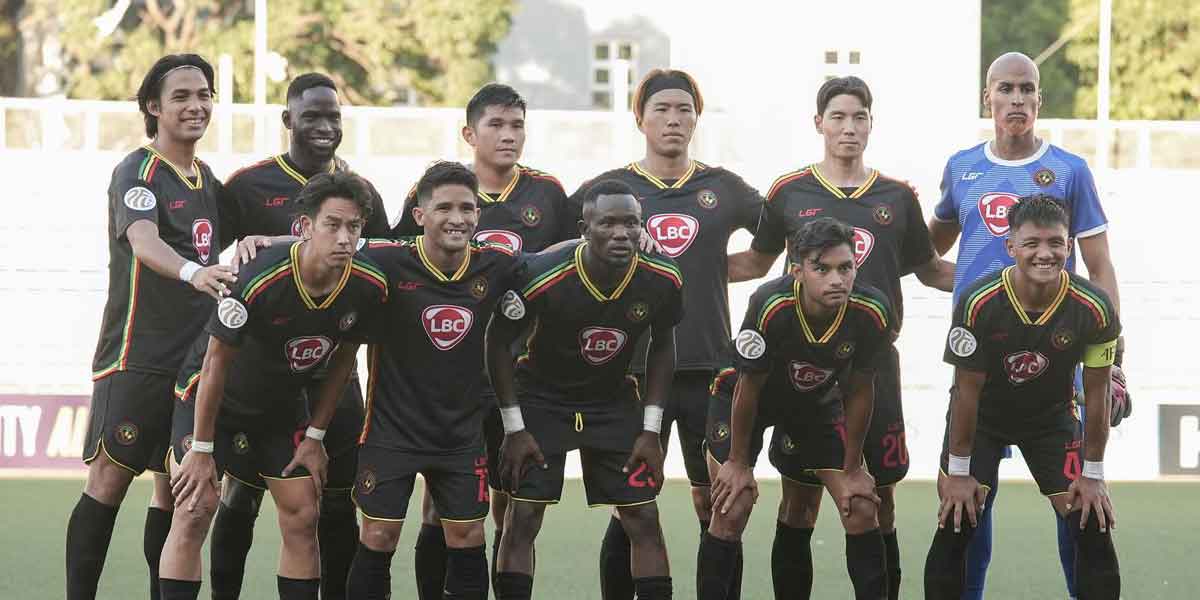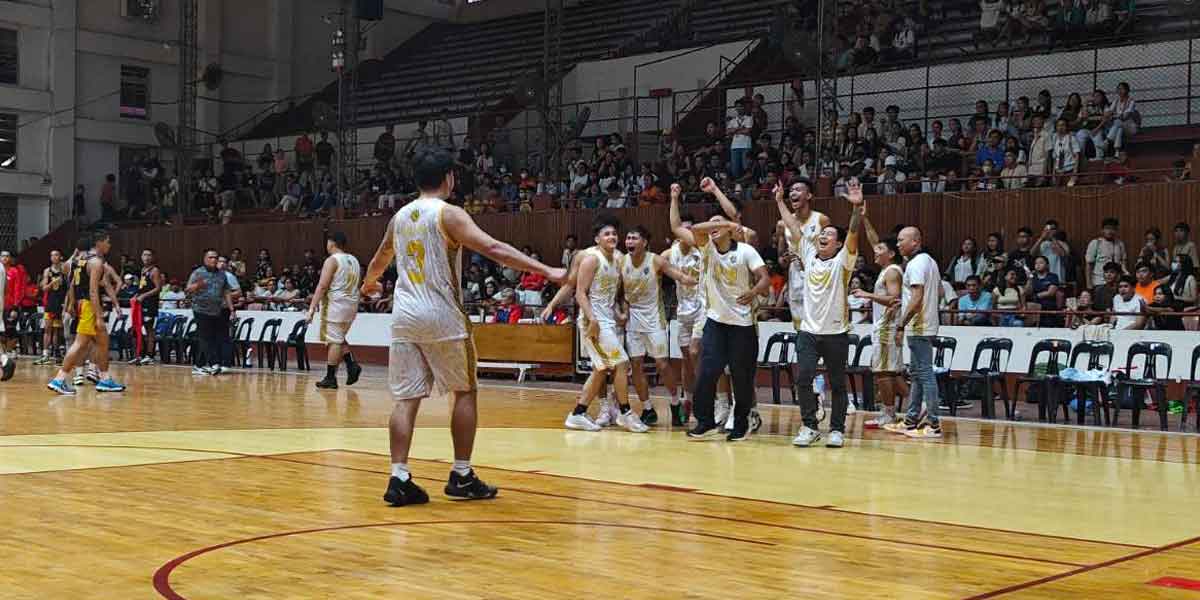
By: Jennifer P. Rendon
THREE police officers face possible administrative charges for visiting a nightclub, an act banned by the Philippine National Police (PNP).
Police Colonel Martin Defensor, Jr., Iloilo City police chief, said the three cops are allegedly assigned at the Regional Headquarters Support Group (RHSG) of the Police Regional Office (PRO)-6 headquarters in Camp Delgado, Iloilo City.
Initial reports claimed that the three cops acted unruly and declined to pay their bills at Club 88 Disco Pub & Restaurant, a men’s nightclub on J.M. Basa St., City Proper, Iloilo City, on June 26, 2018.
There was no police blotter on the alleged incident.
Defensor said they initiated an investigation and it appeared that no commotion occurred.
“One of them raised his voice while his two companions calmed him down,” Defensor said citing reports that reached him.
It appeared that Club 88 management did not report the incident because the three cops settled their bill before leaving the establishment.
If they have violated anything, Defensor said it would be the PNP’s internal directive banning police officers from bars and nightclubs.
In case of an investigation, the trio’s direct superior, Lieutenant Colonel Manam Muarip, might initiate the probe.
On January 9, 2019, PNP chief General Oscar Albayalde reiterated to police officers that they are off limits to certain establishments.
The order reads, “upon instructions of President Rodrigo R Duterte, thru DILG Secretary Eduardo M. Año, PNP Chief, Director General Oscar D Albayalde reiterated anew existing rules and regulations prohibiting police personnel from bars, nightclubs and similar public drinking places and establishments.”
Further, “Albayalde specifically declared nightclubs, beer gardens, karaoke bars, and pubs, as strictly off limits to all PNP personnel, including establishments of ill-repute, illegal gambling dens and other places devoted to vices.”
Albayalde said violation of the order is tantamount to grave misconduct, which punishable by dismissal from the service.
He recently reminded all police personnel to conduct themselves properly at all times in keeping with the rules and regulations of the organization, particularly the PNP Ethical Doctrine and the Code of Professional Conduct and Ethical Standards.
Under Section 3.1 of the PNP Ethical Doctrine, “PNP members shall adhere to high standards of morality and decency and shall set good examples for others to follow. In no instance during their terms of office, among other things, shall they be involved as owners, operators, managers or investors in any house of ill-repute or illegal gambling den or other places devoted to vices, nor they shall patronize such places unless on official duty, and tolerate operations of such establishments in their respective areas of responsibilities.”
The PNP hierarchy said penalties for the commission of acts/practices in violation of the PNP Ethical Doctrine shall be in accordance with the Revised Penal Code, Republic Act No. 6713 (Code of Conduct and Ethical Standards for Public Officials and Employees), RA No. 3019 (Anti-Graft and Corrupt Practices Act) and other specials laws.
For acts or omissions which merely require administrative sanctions, the PNP said that appropriate punishments as provided for the rules and regulations promulgated by the PNP, National Police Commission (NAPOLCOM), Civil Service Commission and Department of Interior and Local Government (DILG) shall be applied.



















